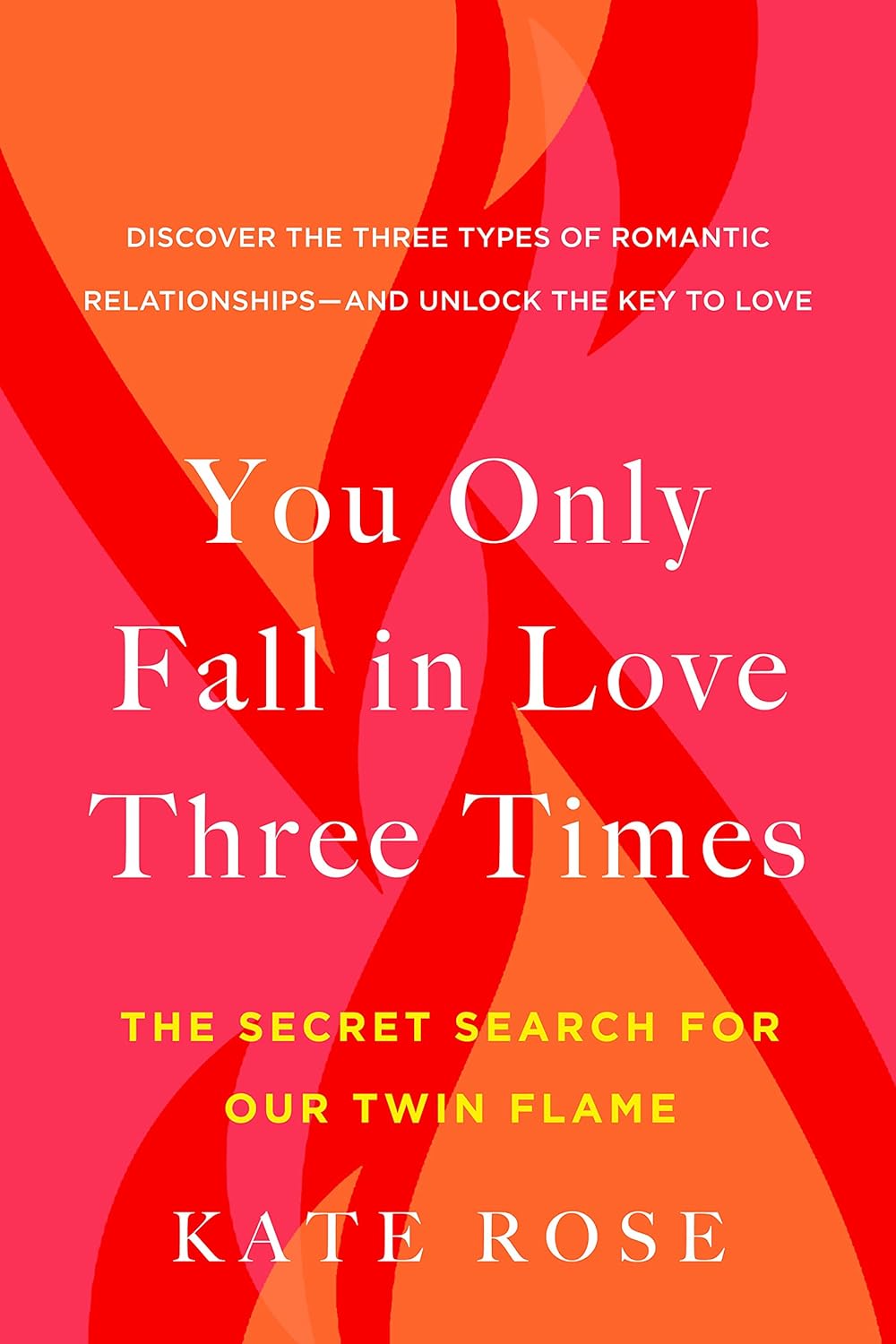
You Only Fall in Love Three Times: The Secret Search for Our Twin Flame
FREE Shipping
You Only Fall in Love Three Times: The Secret Search for Our Twin Flame
- Brand: Unbranded

Description
But everyone around you is stunned by the match. They don’t see how you fit together at all. You will disagree about 85% of the time.
The first stab of love is like a sunset, a blaze of color — oranges, pearly pinks, vibrant purples…” – Anna Godbersen He always said that he loved you more, but the speed at which he moves on tell you he lied. Again. Those knives he left inside of you will become your strength. You learn to turn them on him.
In a world faced with numerous challenges, the UN remains a source of inspiration, offering solutions and unity in times of crisis. This is possibly my favorite of “The Cranberries” songs. I am not going to try and explain why this song is so amazing; if you listen to only one of the songs provided, let it be this one and form your own connection to it. It really is one of the most underrated songs, not only from the band but in the realm of music.
And then, out of nowhere, he walks up.He starts talking to you, and everything is easy. You find yourself opening up to him in ways you told yourself you never would. Her eyes looked up at me in panic. ‘Mommy, it’s blood.’ We were just in the ER and everything said she was fine. My stomach about hit the floor.’: Family says goodbye to their ‘forever Valentine’ after battle with flu The ICJ is the world court in the UN. There are 15 justices, who each have 9 year terms. They don't have much power, they mostly just advise countries.
This song is technically not on this album but is instead a B-side that I stumbled upon when looking into her career. It’s simply beautiful. This album drops some of the near-metal moments from “Are You Listening?” but as with all of these albums, there is no shortage of great music. Notable mentions from “No Baggage” include “Lunatic,” “You Set Me On Fire,” and a new version of “Apple Of My Eye,” which first appeared on her previous album. It could be, therefore, unhealthy, unpredictable, or unstable in combination with high amounts of dramatics. Emotionally and/or mentally, we become ‘dependant and hooked on’ this plotline unfolding before our eyes, as it is a mixture of severe highs and lows. While experiencing the lows we very much desperately crave the highs. This does become a drug of sorts. They are the ones that have gone through different relationships and are probably tired of putting themselves out there and have resorted to thinking that there is something fundamentally wrong with them or how they love. However, the question is just if their partner loves them as much as they love their partners.
- Fruugo ID: 258392218-563234582
- EAN: 764486781913
-
Sold by: Fruugo
